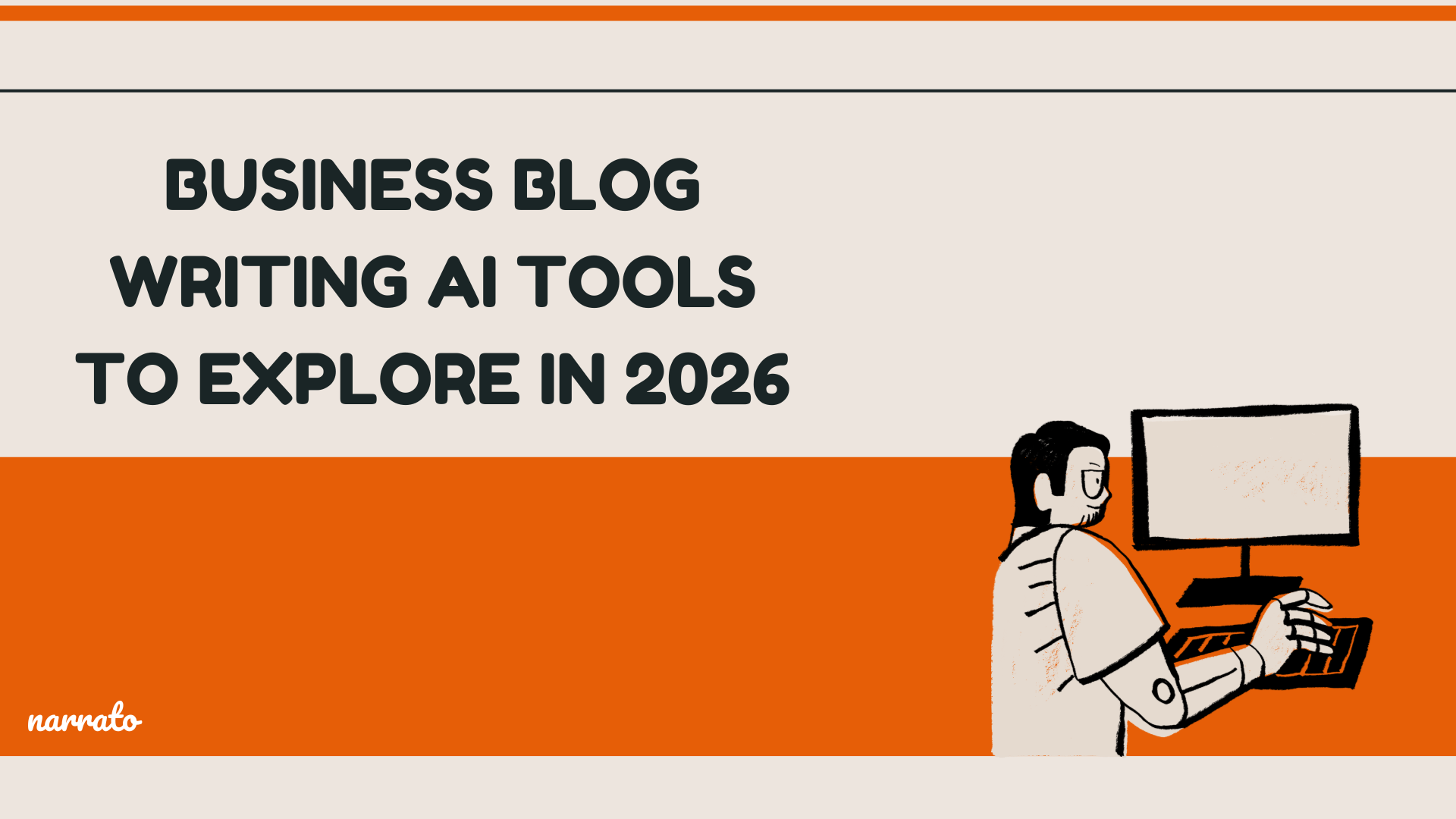If you’ve made it past the title, you’re either here to reaffirm your curiosity about AI agents or, quite understandably, reaffirm your frustration in dealing with them.
While both corners of the ring throw mud at each other constantly, what I’m actually trying to reaffirm is the following: AI agents seem to be transitioning from optional curiosities to becoming practical, everyday tools, “employees,” if you will. And business is catching on. However, businesses consist of people just like us, who experience a wide spectrum of emotions concerning “the guy with the metal head.”
==Let’s take a closer look at AI agents and learn more about what they are:== useful, programmable, adaptable, occasionally frustrating tools that can either confuse the staff or push startups to a new level.
They’re becoming the core infrastructure of modern business. The invisible colleague who never sleeps, never loses a document, doesn’t need a mental health day, and remembers every client interaction. If a CRM system organizes customers, an AI agent organizes the knowledge and communication flow within the company itself. With that said, here’s what this shift looks like in practice.
Technological Tipping Point: Why NOW?
We seem to be at a technological tipping point, and that’s why businesses and startups in particular could need their own AI agents soon. Here’s what I mean.
First, the large-language-model revolution is here. For example, GPT 4 and GPT 4o from OpenAI are now stable enough to work with corporate data, longer contexts, and real-world workflows. Second, open frameworks have matured. Tools such as LangChain and LlamaIndex enable building complex chains of action driven by LLMs. These frameworks make agent-building far more accessible.
I’m talking about custom agents that no longer require hyperspecialized teams. In other words, many AI agents can now carry out workflow tasks with minimal supervision, provided the context and data are clear.
What does that imply? Inference and infrastructure costs have dropped dramatically. Startups are moving away from “smart features” to building full internal ecosystems of agents. In short, the technological base has matured, and now business is catching up. The models are strong, the tools are ready, the costs are falling, and startups are already shifting strategy.
What AI Agents Can Accomplish

Despite AI no longer being theoretical, its actual capabilities are a bit of a blur for some of us mortals, unfamiliar with the inner workings of a tech company.
==What can AI agents ACTUALLY do?== Here’s the short answer: they’re actively powering business workflows across internal knowledge, customer interaction, DevOps, and marketing. And now, the same in plain English, and in detail.
Internal Assistant/Knowledge Agent: Various companies build “Knowledge Assistant” systems that ingest documentation and internal Q&A, then continually learn from human feedback. Other firms describe how AI-powered Knowledge Agents convert scattered corporate information into a unified resource for employees. The result? The staff doesn’t have to age before they successfully hunt through folders and chat groups looking for a scrap of info they need. Of course, their accuracy still depends on how well that information is structured and updated.
Customer Agent: Dealing with customers and answering the same question endlessly is a pain. Now, across industries, AI agents understand product FAQs, service tickets, and conversation context, responding to customers and escalating when needed.
For instance, a survey of agentic AI use-cases shows customer-service agents are already freeing staff from repetitive queries, enabling faster support. Can they replace that support? Not likely. But they can free up some valuable time. That’s for sure.
Framework. The real future of AI agents lies not in individual bots but in the frameworks that power them. Platforms now let companies train, connect, and scale agents using a mix of models and APIs, similar to how frameworks once replaced writing raw code line by line. In 2026 and beyond, startups won’t just use AI tools; they’ll build their ecosystems on agent frameworks, choosing intelligence as an infrastructure rather than a feature.
DevOps Agent: On the infrastructure side, firms can build AI agents that monitor logs, correlate events across services, and explain root causes in plain language.
Marketing Agent: Marketing teams are also using AI agents to pull insights from CRM data, generate campaign ideas, and write first drafts of reports. Real-world case studies of AI agent deployments highlight tasks including lead-qualification, outreach, and campaign ideation.
Here’s the conclusion that can be drawn: AI agents could have the potential to become a structural part of how companies operate. They are not replacing people, and humans are not becoming dispossessed, despite many legitimate and valid concerns that tech companies have yet to answer.
However, in a sense, AI agents are as natural as tools like Slack or Notion, only smarter and “alive.” They don’t just store data; they act on it, reason about it, and help the business move. I also understand that with the rise of these agents, all of us have a list of legitimate concerns that shouldn’t be ignored. Those range from moral dilemmas to fear of losing livelihoods, so let’s address them now.
The Human Frustration Factor

For all their promise, AI agents still drive some people up the wall. Why? Surveys and case studies highlight a consistent set of pain points that startups must face head-on if they want their own agents to succeed. Here are some of them:
- “Almost right but not quite.” The most common complaint: AI delivers results that look polished but contain subtle errors, forcing users to recheck everything. In Stack Overflow’s 2025 developer survey, 66% cited this as their top frustration.
- Prompting fatigue. Users often spend more time explaining what they want than getting useful output. Clear prompting was named the biggest challenge by 34 % of respondents in Rev’s 2024 AI user poll. However, have you noticed how much has changed since 2024? AI is getting better at understanding human idiosyncrasies, humor, and peculiar phrasings.
- Hallucinations and trust issues. Confidently wrong answers undermine reliability. An Elon University survey found 23% of U.S. adults admitted to making a poor decision based on LLM output.
==So I arrive at a crucially important conclusion.==
==AI agents and LLM models are here to HELP us, not LEAD us.==
Yes, we should use them, and no, we shouldn’t trust them blindly. We’ve created them for a certain purpose: not to replace humans, but to free up some human capacity to go beyond menial labor. The same concerns pained people when people invented the first calculators, the first computers, and even the first conveyor belts.
Let’s all breathe out collectively and move on to another pressing issue.
Will Startups Jump Aboard by 2026?

By 2026, a startup’s basic toolkit will include not just a website and a CRM system, but also an AI agent, a built-in digital teammate that handles data, communication, and routine tasks as naturally as a website handles visibility or a CRM handles clients. Let’s review what we get as a result, shall we?
-
Speed. Startups often lack the funds to cover possible mistakes. They simply can’t afford manual workflows anymore. From onboarding to analytics, an AI agent automates repetitive tasks in real time, doing in seconds what once took a team hours. In fact, a study finds that around 73% of IT leaders report that automation has cut time spent on manual tasks by about 50%. Another source reports that 48% of managers say AI helped reduce repetitive tasks in their teams. Yet, many also cite integration complexity as a growing concern, especially around data security and compliance.
-
Competitiveness. If your rival’s AI assistant accelerates product launches, customer replies, and sales pipelines, your manual processes are a losing game. The gap compounds fast. Not over years, mind you. Over weeks. According to a 2025 survey, 77% of companies are either using or exploring AI, and 9 out of 10 organizations believe AI gives a competitive advantage. Moreover, in customer service automation, one report finds that 95% of AI users report major cost and time savings when using virtual assistants. Still, the advantage depends on implementation quality. Not every “AI-powered” workflow translates into efficiency.
-
Personalization. Companies are no longer content with generic chatbots. They’re building digital colleagues that reflect their culture and tone, a brand-specific “voice” trained on internal data.
n Also, generic chatbots no longer cut it. According to recent research, the majority of organizations (82%) use AI personalization techniques and are rewarded with 5-8× return on marketing spend. Allegedly, 71% of consumers expect personalized interactions from companies. That personalization, however, comes with rising expectations for data privacy and transparency.
==This is the broader metatrend:== businesses are evolving from static products into living ecosystems infused with intelligence. In that landscape, a startup without an AI agent will look as outdated in 2026 as a business without a website looked in 2005.
AI agents could become the connective tissue between data, decisions, and people. But the real question for startups isn’t whether to build one, it’s how to do it responsibly, keeping human judgment at the center.










